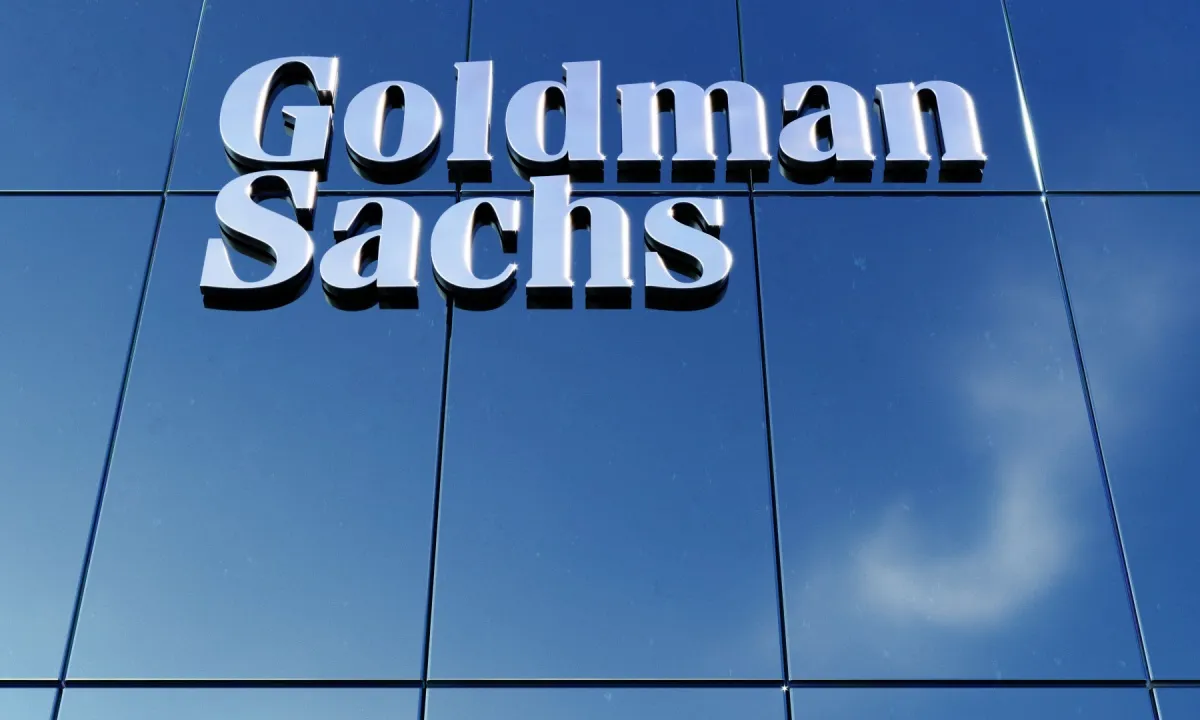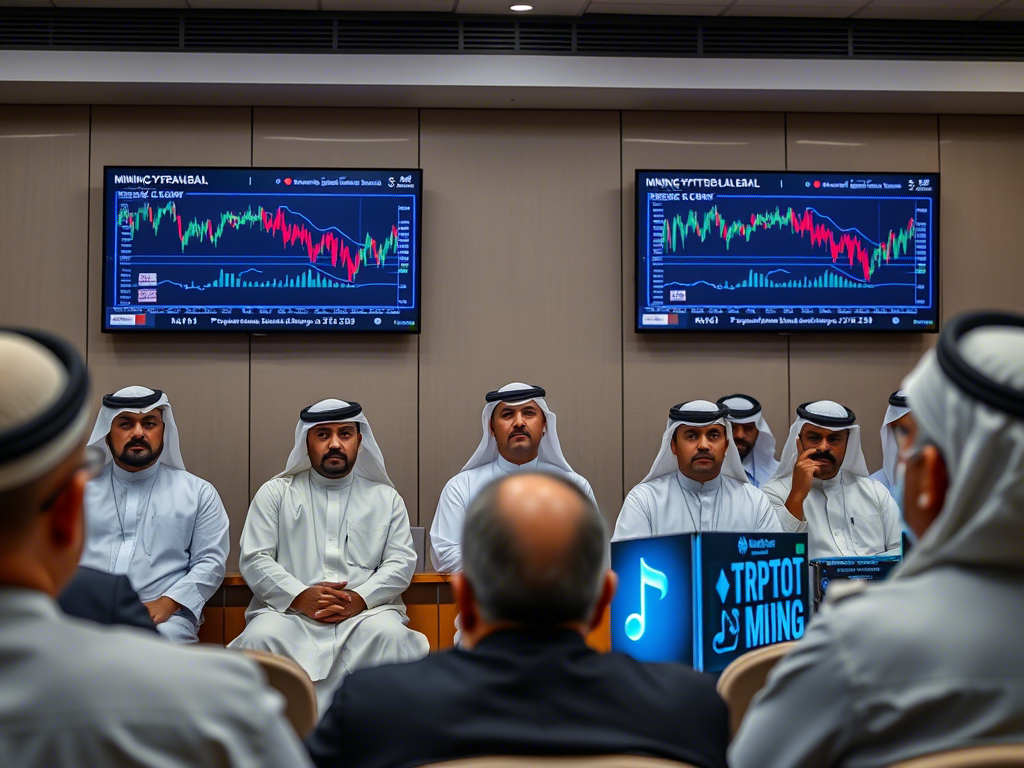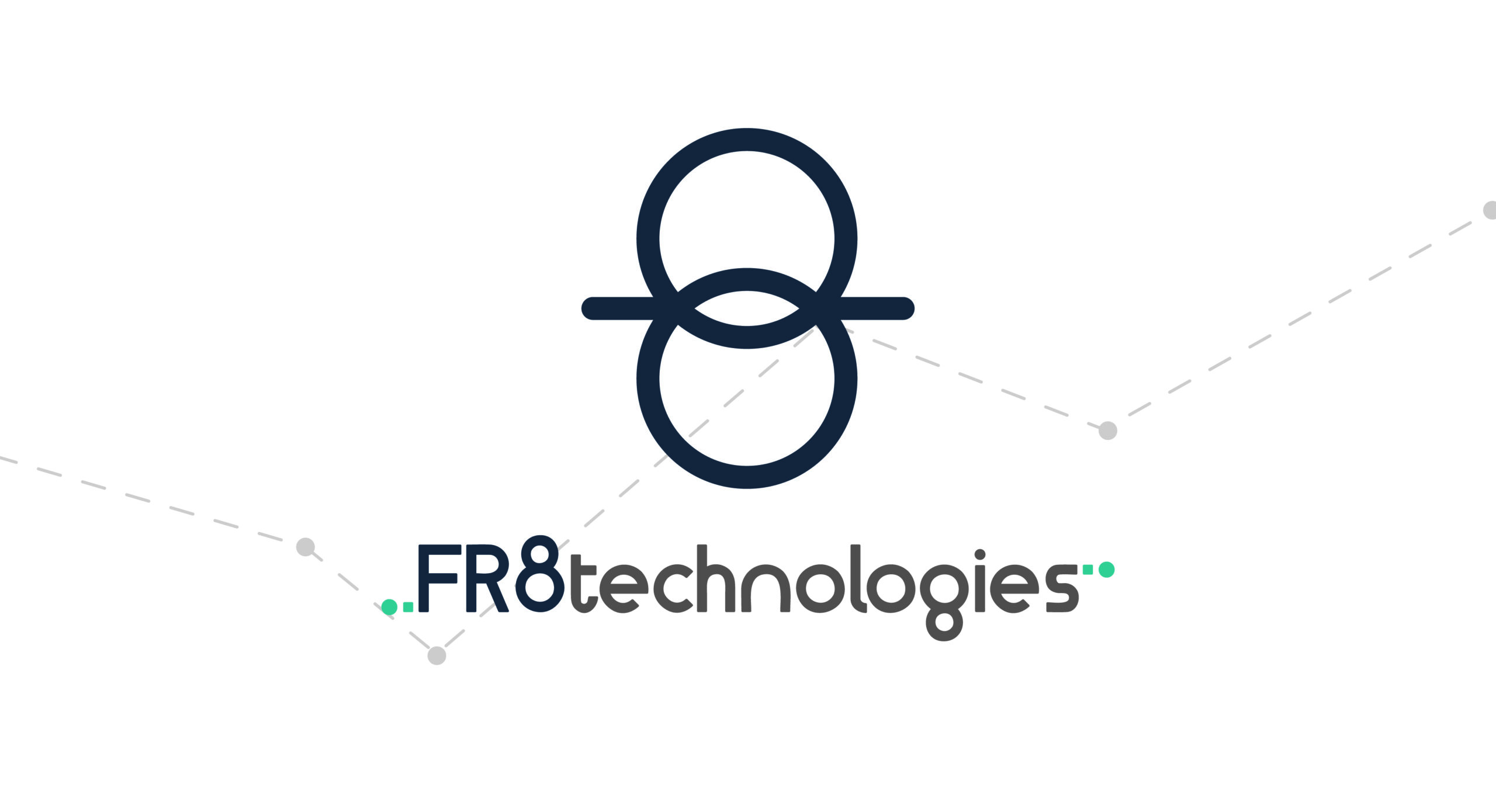In a move that underscores the evolving landscape of global finance, Venezuela’s state-owned oil company, PDVSA, has made a significant shift in its trading practices. Embracing the world of cryptocurrencies, PDVSA has announced its exclusive adoption of Tether (USDT) for selling its oil products. This decision comes as a strategic maneuver to safeguard its revenue amidst mounting creditor pressure and the complexities of the traditional banking system.
The decision to conduct transactions exclusively in USDT marks a notable departure from conventional methods in the oil trading industry. Historically, oil transactions have predominantly been settled in traditional fiat currencies such as the US dollar or euro. However, PDVSA’s pivot towards USDT signals a recognition of the benefits offered by cryptocurrencies, particularly in terms of security, efficiency, and global accessibility.
At the heart of PDVSA’s decision lies the looming threat posed by creditors who seek to intercept the company’s oil revenue. With Venezuela grappling with economic turmoil and facing numerous legal battles, PDVSA’s assets have been subject to intense scrutiny from creditors seeking to recover debts. By conducting transactions in USDT, PDVSA aims to mitigate the risk of its revenue being seized, as cryptocurrencies offer a decentralized and censorship-resistant alternative to traditional banking systems.
The choice of USDT as the preferred cryptocurrency for oil trading holds strategic significance. Tether, a stablecoin pegged to the US dollar, provides PDVSA with a reliable and secure means of conducting transactions while maintaining price stability. Unlike other cryptocurrencies known for their price volatility, USDT’s peg to the US dollar ensures that the value of transactions remains consistent and predictable, thereby mitigating the risk of currency fluctuations.
Moreover, PDVSA’s adoption of USDT aligns with broader trends in the cryptocurrency market, where stablecoins have emerged as preferred tools for facilitating international trade and cross-border transactions. With its liquidity and widespread acceptance among cryptocurrency exchanges and trading platforms, USDT offers PDVSA a seamless gateway to the global market, enabling it to monetize its oil assets and navigate regulatory challenges efficiently.
The decision to embrace USDT also reflects Venezuela’s broader strategy to circumvent sanctions and navigate the complexities of the global financial system. In recent years, Venezuela has faced extensive economic sanctions imposed by the United States and other countries, severely restricting its access to traditional banking services and international capital markets. By leveraging cryptocurrencies like USDT, Venezuela seeks to bypass these sanctions and unlock new avenues for economic growth and financial independence.
PDVSA’s adoption of USDT is poised to have far-reaching implications for the global oil industry and the broader cryptocurrency ecosystem. As one of the largest oil producers in the world, PDVSA’s transition to USDT could pave the way for other oil-producing nations to explore similar avenues for leveraging cryptocurrencies in their trading operations. Furthermore, the move underscores cryptocurrencies’ growing acceptance and integration into mainstream finance, highlighting their potential to revolutionize traditional industries.
However, PDVSA’s embrace of USDT is not without its challenges and risks. While cryptocurrencies offer unique advantages in terms of security and accessibility, they also present regulatory uncertainties and technical complexities that must be addressed. Moreover, concerns persist regarding the stability and transparency of stablecoins like USDT, with questions surrounding the adequacy of reserves backing their value.
In conclusion, PDVSA’s exclusive adoption of USDT for oil trading marks a significant milestone in converging traditional finance and cryptocurrencies. By embracing USDT, PDVSA seeks to safeguard its revenue, navigate regulatory challenges, and unlock new opportunities in the global market. As the world watches closely, the implications of this decision are likely to reverberate across industries, shaping the future of international trade and finance in the digital age.






 Bitcoin
Bitcoin  Ethereum
Ethereum  Tether
Tether  XRP
XRP  Solana
Solana  USDC
USDC  TRON
TRON  Dogecoin
Dogecoin  Lido Staked Ether
Lido Staked Ether